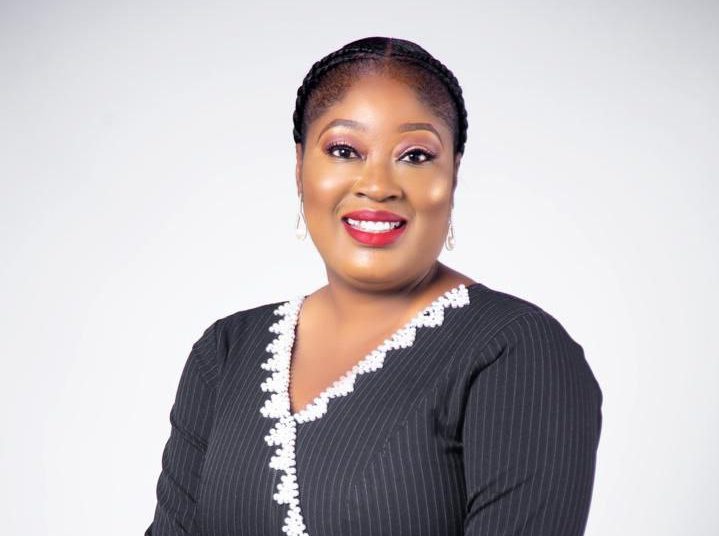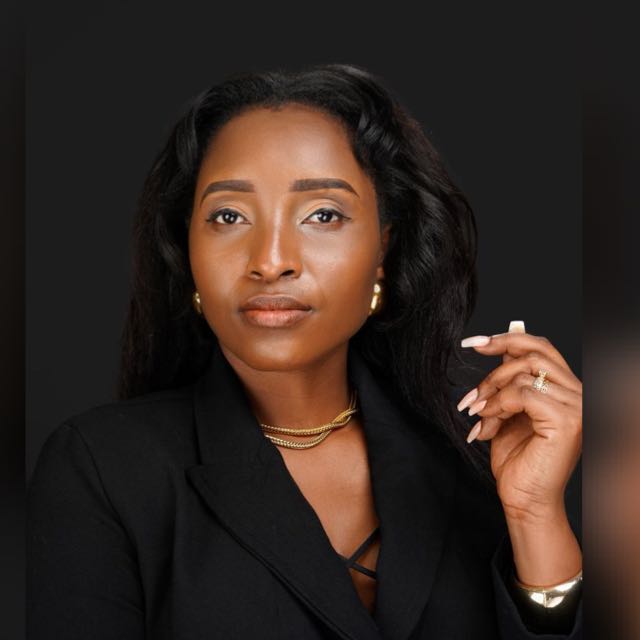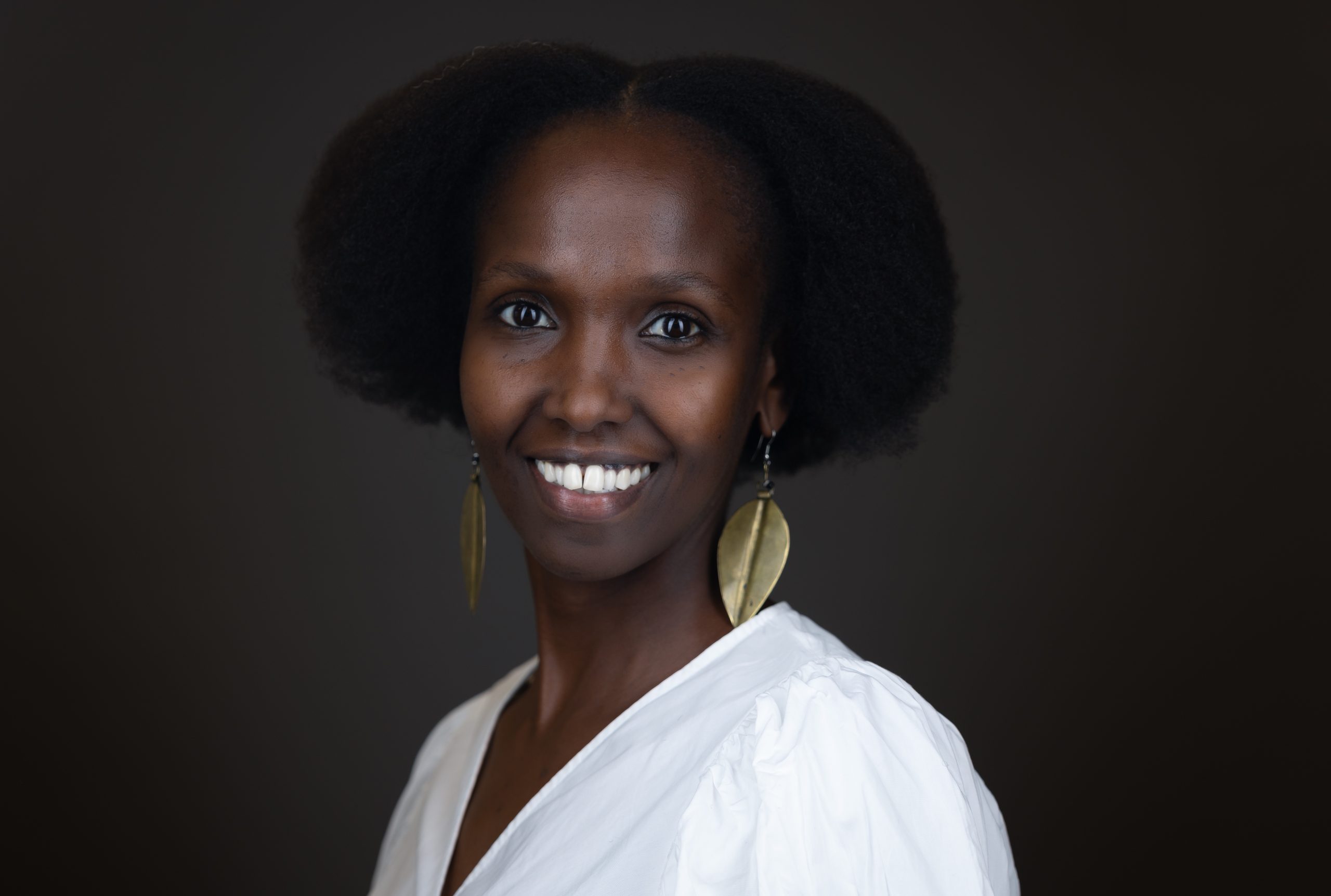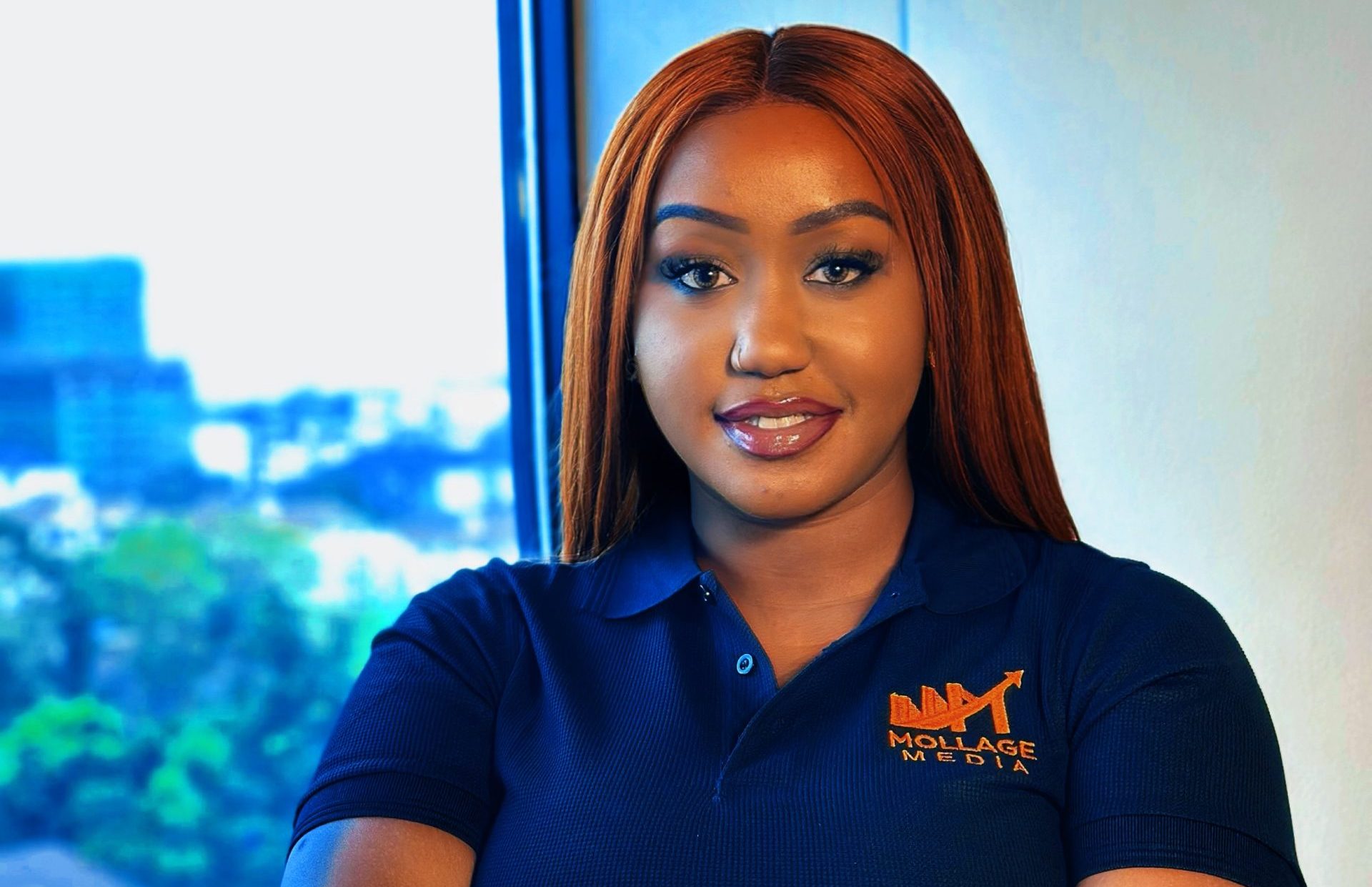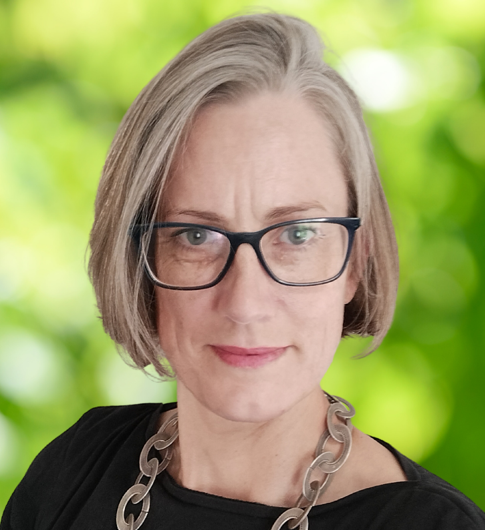Our Comms Spotlight for this week is a Brand Excellence and Corporate Communications Leader. Adefisayo Akinsanya has built a career that spans numerous industries and competencies. Her interview with us highlights her passion for leadership and her dedication to making an impact. For Adefisayo, Communications was a natural career choice and as she takes us back to how she started off, she also reflects on some noticeable changes she’s observed in the industry over the years.
What motivated you to pursue a career in Communications?
Looking back, I have always had a natural inclination toward communication not just speaking, but listening, interpreting, and connecting ideas. Even as a child, I was often the one asking questions, telling stories, or trying to make sense of what others were feeling or thinking. At the time, it just seemed like curiosity but in hindsight it was a sign of what would become my lifelong career.
As I advanced professionally, I became increasingly aware of how powerful communication is as a force that shapes perception, drives alignment, and builds trust.
Also, I was drawn to intersection of language and leadership, where the right message, delivered the right way, can influence outcomes, guide decisions, and move entire organisations forward.
Since then, communication has given me a front-row seat to change through navigating public relations crisis, transforming organisations and positioning brands to earn credibility in complex, often high-stakes environments.
My career in Communications demands effective strategy and it is one I continue to find deeply fulfilling.
What does a regular day look like for you as a Brand Excellence and Corporate Communications Leader?
There is no routine day for me, but certain priorities stay consistent. I start by reviewing the media landscape, stakeholder updates, and any potential issues that could affect our brand or reputation. I then meet regularly with the Managing Director and executive team to provide counsel on communication strategy from regulatory matters to internal engagement.
My role involves a mix of planning and hands-on execution. I lead a team responsible for corporate branding, internal communications, digital engagement, and stakeholder relations. On any given day, I might be reviewing a national campaign, preparing key messages for leadership, working on a crisis response plan, or coordinating with other departments to ensure consistent messaging.
Ultimately, I am responsible for making sure that how we communicate both internally and externally supports the business, builds trust, and reflects our values.
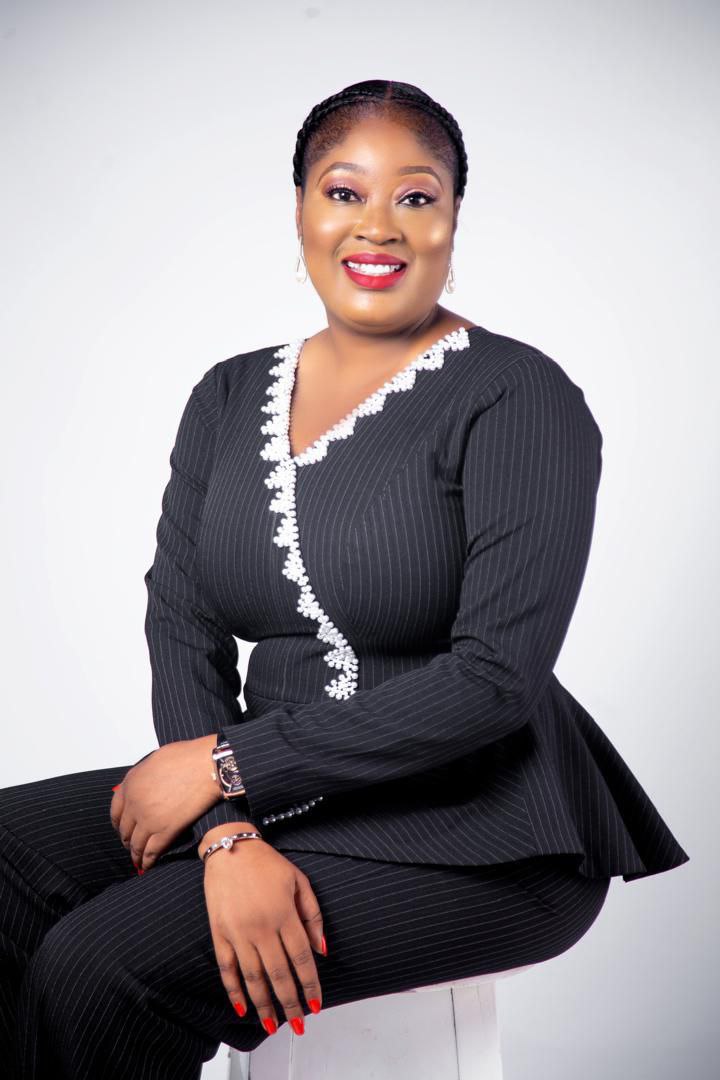
Tell us about a project or achievement you’re particularly proud of as a Communications professional.
One project I am especially proud of was leading a full rebranding and reputation management effort during a challenging period for the organisation. We were facing significant public criticism and internal uncertainty. I lead my team to develop a strategic communication plan focused on Brand transformation and Stakeholder engagement.
We created clear internal communication guides, ran listening sessions with staff, and rolled out a series of public-facing updates to address concerns directly. In the first 2 months, we saw a 82% increase in positive media sentiment, customer engagement improved, and internal surveys reflected stronger trust in leadership.
The second, and perhaps more personal, is the growth of the teams I have led. Seeing former team members evolve into industry leaders, shaping narratives at national and international levels is incredibly fulfilling. It proves that sustainable impact is not just about what you build, but who you empower.
What is something people often get wrong about your role?
There is a common assumption that communications is mostly about publicity, writing press releases, managing social media, or organising events. While those tasks are part of the job, they are just a fraction of what we do.
In reality, it is a mission-critical, high-stakes function that influences business continuity, stakeholder trust, regulatory alignment, and corporate culture. We manage perception in real time, mitigate risk before it becomes crisis, and shape the narrative that defines how the organisation is seen and experienced.
My role as a Communications expert is not about optics it is about outcomes and impact. My work shows political acumen, deep business insight, emotional intelligence, and the ability to drive alignment across multiple layers of influence.
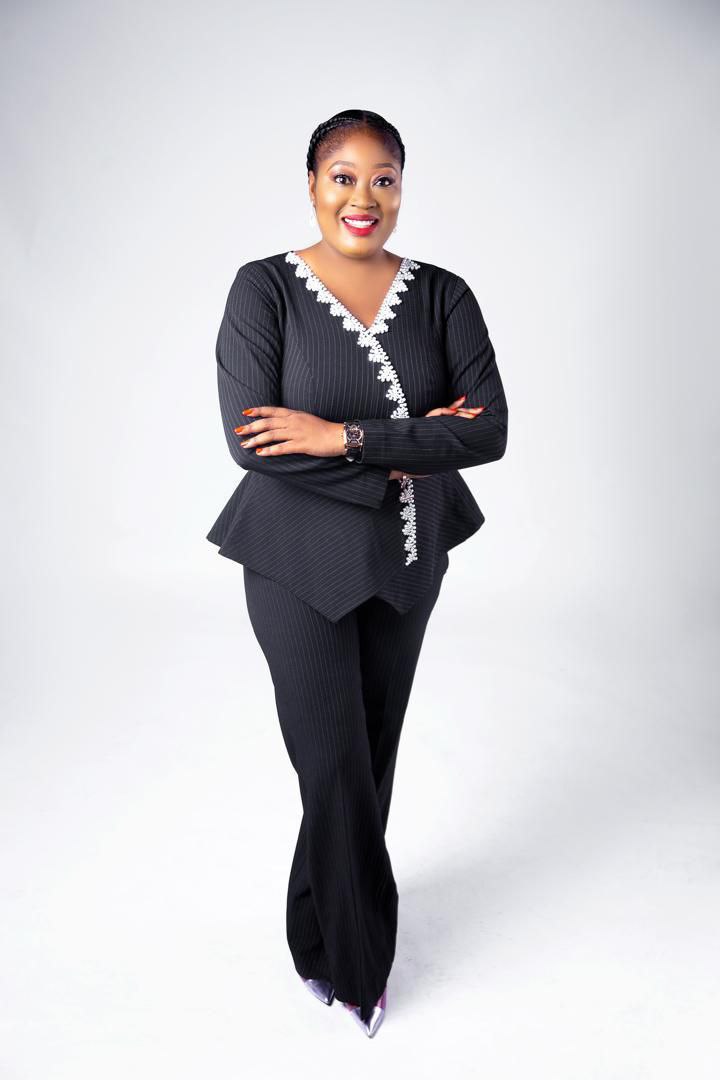
Thinking back to your early days in Communications, what are some things that surprise you about the industry today?
The pace and complexity have increased dramatically. When I started, there was usually time to plan and refine a message before it went out. Today, communication happens in real-time online, across multiple platforms, and with little separation between internal and external audiences.
What stands out most is the collapse of traditional boundaries. Internal messages often become public, employees act as brand ambassadors, and digital engagement is now essential. Advancements in technology, AI and data analytics, and behavioral science are reshaping how we communicate and evaluate impact.
Communicators are no longer just responsible for storytelling. We now play a central role in managing reputation, guiding through risk, supporting business strategy, and shaping culture. The expectations are higher, but so is our influence.
Lastly, what has not changed is the core of good communication: listening, understanding your audience, and speaking with clarity and integrity. Those principles remain as vital as ever.
What advice would you give to your younger professional self?
Be patient with your growth and enjoy the process. You don’t have to prove yourself all at once — true impact comes from listening, observing, and using your voice with intention.
Relationships are everything. Lasting impact comes when you invest in people — your team, clients, and stakeholders. Every interaction is a chance to build and transform lives.
Trust your instincts — they’re sharper than you think. Embrace challenges. Every pivot will refine your purpose and deepen your impact. Take out time to rest. Drive is important, but so is your wellbeing and burnout isn’t a badge of honour.
Finally, give yourself grace. You are your best investment because the wins, risks, and stumbles will all shape something extraordinary.

